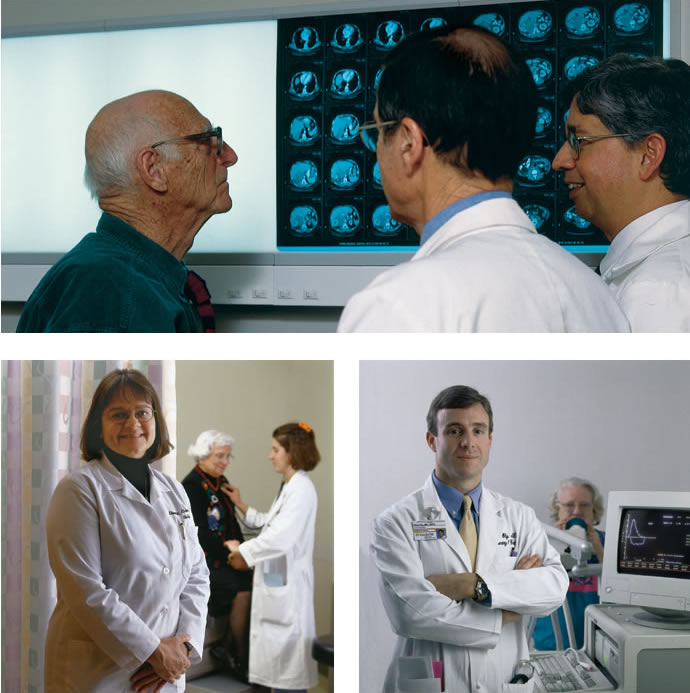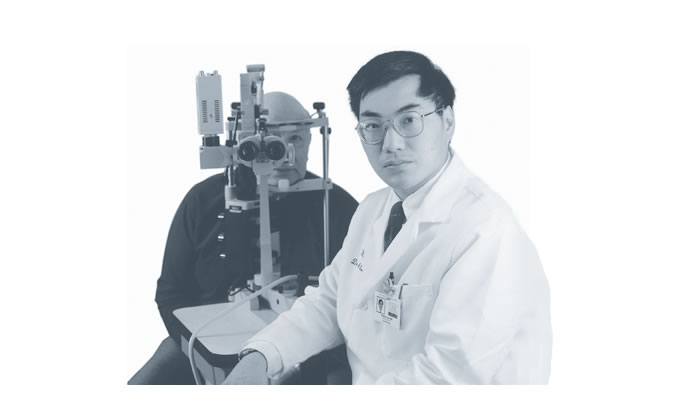INCREASE GERIATRICS EXPERTISE

Integrating Geriatrics into the Subspecialties of Internal Medicine
1994-present Older adults receive a significant portion of their health care from subspecialists in internal medicine, such as cardiologists, rheumatologists, and oncologists. Despite the fact that these physicians see a disproportionately high number of older patients, few of them receive education in the unique and complex medical issues facing older adults.
The Hartford Foundation has supported several efforts to integrate geriatrics into the subspecialties of internal medicine, including a series of transformative Geriatric Education Retreats that provided immersion experiences in geriatrics for subspecialty leaders.
In 2000, the Hartford Foundation, in partnership with specialty societies and The Atlantic Philanthropies, created the T. Franklin Williams Scholars Awards to support more than 75 junior faculty in 12 internal medicine specialties to conduct research on care of older adults.
The Williams Scholars have generated more than $16 million in new National Institutes of Health funding for aging-related research in HIV, chronic kidney disease, and lung disease through the project’s Research Agenda-Setting conferences.
Today, the Williams Scholars program continues in partnership with the NIA’s Grants for Early Medical and Surgical Specialists Transitioning to Aging Research (GEMSSTAR) program.
Professor
Gerontology and Geriatric Medicine
Wake Forest School of Medicine
 (Above and below) Physicians in all medical specialties—including orthopedics, ophthalmology, oncology, gynecology, cardiology and others—require training in the complex medical issues facing older adults.
(Above and below) Physicians in all medical specialties—including orthopedics, ophthalmology, oncology, gynecology, cardiology and others—require training in the complex medical issues facing older adults.